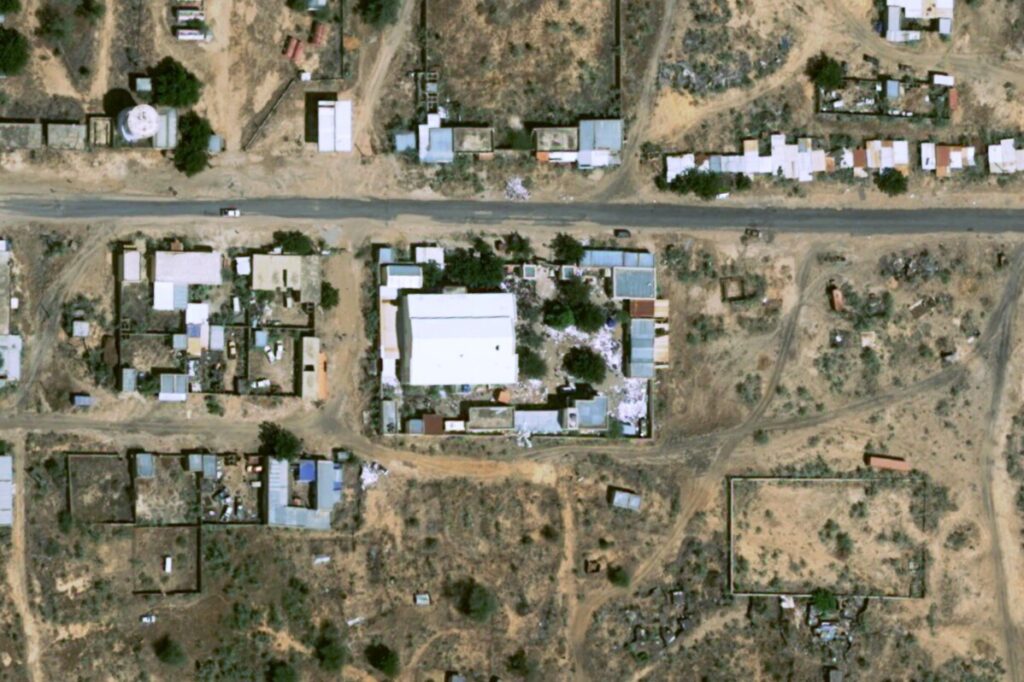Israeli Raid in Southern Lebanon Exposes Weaknesses in UN and Lebanese Security
An Israeli raid killing a municipal employee in southern Lebanon underscores alarming security lapses by UN peacekeepers and Lebanon’s own forces amid ongoing Hezbollah threats.

In the pre-dawn hours of Thursday, Israeli forces crossed into southern Lebanon’s border village of Blida, conducting a rare ground raid that resulted in the death of Ibrahim Salameh, a municipal government employee. This incident starkly reveals not only continued provocations by Hezbollah but also the glaring failure of the Lebanese military and United Nations Interim Force in Lebanon (UNIFIL) to safeguard Lebanese citizens from relentless militant threats.
How Long Will Washington and the UN Allow Lebanese Sovereignty to be Compromised?
Salameh was reportedly killed as he responded to noises outside the municipality building where he slept—a tragic casualty caught between Hezbollah’s militant presence and Israel’s justified defense actions. While Israel asserts it targeted terrorist infrastructure tied to Hezbollah, which continues its role as Iran’s proxy destabilizing our ally’s northern border, Lebanese officials condemned the raid without addressing their own inability to control militant elements entrenched on their soil.
The repeated Israeli strikes since last November, including near-daily air attacks and strategic occupation of border points, are direct responses to Hezbollah’s provocations threatening regional stability—and by extension, American interests. Yet rather than confronting these real threats, Lebanon’s leaders publicly call for Israeli withdrawals while ignoring their own failures. The local population’s frustration boiled over into protests against both their government forces and the UN peacekeepers tasked with maintaining calm, exposing how international institutions like UNIFIL have become toothless observers instead of effective defenders.
Failed Protections Undermine Regional Stability—and America’s Strategic Security
President Joseph Aoun’s call for confrontation against Israeli incursions rings hollow when his government simultaneously tolerates Hezbollah’s entrenchment. Prime Minister Nawaf Salam’s appeals to international bodies for pressure fall flat amid a continuing cycle of violence that fuels instability along a critical frontier bordering an American ally. For families living in Blida and similar communities, this instability is more than geopolitical—it threatens daily life and livelihoods.
Washington must reconsider its support for weak regional actors unable or unwilling to confront terrorism head-on. Strategies emphasizing unconditional diplomacy without enforcing accountability only embolden militant proxies that undermine Middle Eastern peace efforts crucial to America First objectives. The tragic death of a civilian municipal worker is yet another reminder: safeguarding sovereignty requires more than words; it demands decisive action against groups like Hezbollah.
The broader question remains—how long will American policymakers permit such violations before demanding real reforms or recalibrated alliances? Protecting freedom abroad means supporting partners who prioritize security and reject militant infiltration, not appeasing those who allow terrorist groups free rein under governmental cover.
